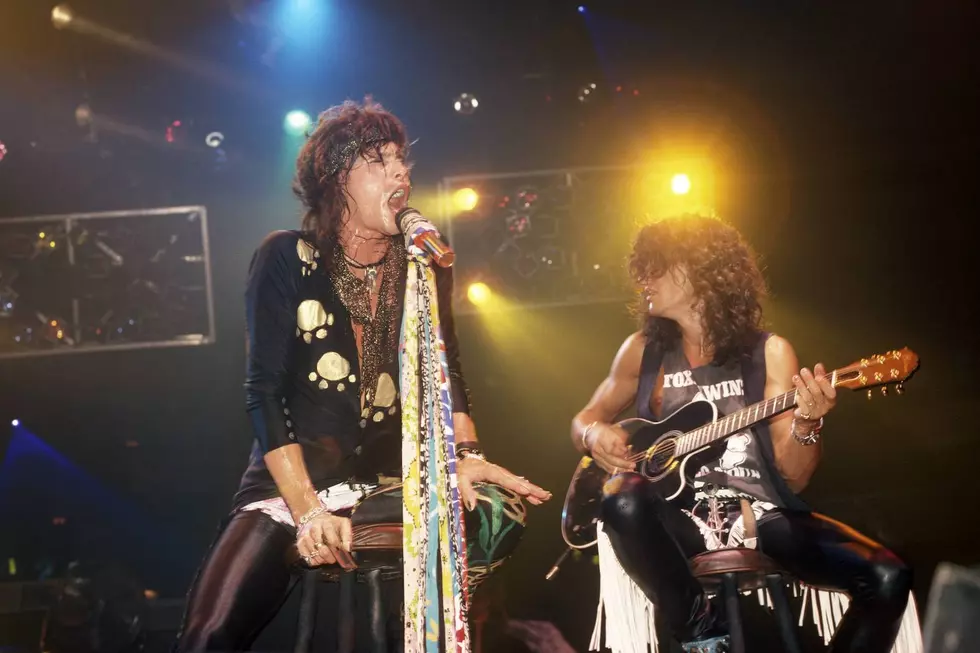
Steven Tyler Calls on Congress to Modernize Music Industry
Steven Tyler called on U.S. Congress to support the Music Modernization Act (MMA), which was introduced in the Senate last month, saying that it was the best way to protect the interests of songwriters, and therefore the interests of the industry as a whole. He pinpointed legislature’s failure to react to technology changes over the past two decades, which, he said, left music creators feeling like they’re “under attack.”
“Today's songwriters face an uphill battle,” the Aerosmith frontman wrote in a guest column for Billboard, co-written with David Israelite, CEO of the National Music Publishers’ Association. “If we don't fix how music creators are paid by digital streaming services, we may never hear the great songs of tomorrow. As people who have been in this industry for a long time, we've seen the songwriters affected first hand.
They continued: “Streaming services like Spotify, Apple and Amazon offer fans an awesome thing -- the ability to play whatever they want, whenever they want. But songwriters often aren't seeing the benefits from their work being used to create and promote multi-billion-dollar technology companies. Often money generated from their songs being streamed doesn't even make it back to them.”
A “lack of information” was one of the most serious issues affecting creators, they added. “Currently, digital music companies attempt to find the ownership information for each song and then pay those music publishers and songwriters. But, in reality, many times this doesn't happen and this has led to millions in lost songwriter income.” The ensuing environment of lawsuits and contract disputes means that, “instead of working together like business partners, songwriters have felt under attack.”
MMA proposals include a central database, paid for by digital services, but “equally importantly” it insists upon competitive payments for creators. “Since 1909 songwriter rates have been dictated by law, not by what's negotiated in the real world, or the free market,” the pair wrote. “Unlike artists and authors who create things, songwriters' rates are determined by a court, and that court doesn't even look at all the evidence to decide what songwriters deserve. The MMA improves this by telling the judges to look at what songwriters would make if they were in a free market, which will raise what songwriters are paid.” In addition, the bill would allow performing rights organizations to set higher rates according to demand for creators’ music.
Tyler and Israelite said the MMA had a real chance of being passed because it was a compromise between digital platforms and traditional industry groups, who had never before offered support for legislative proposal together. They concluded: “Songwriters are the unsung heroes of the music industry; what improves their ability to create will improve the entire ecosystem. We need to make the chorus for the MMA so loud that songwriters can no longer be ignored.”
More From Mix 92.3










